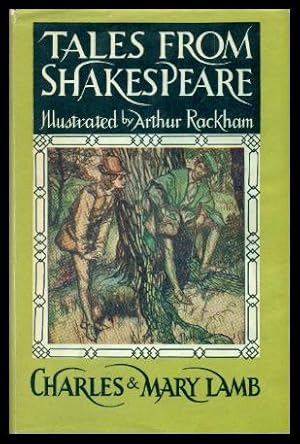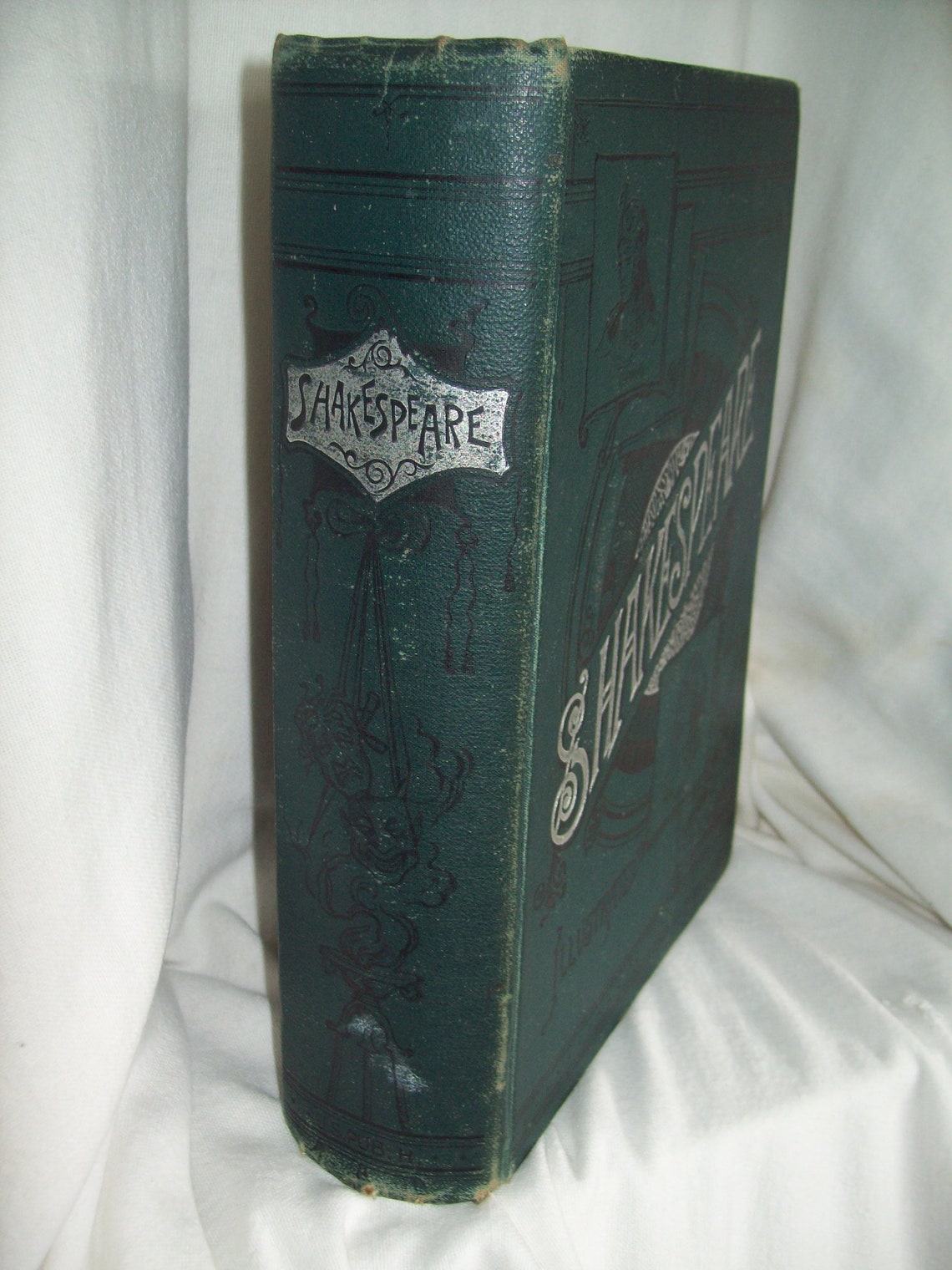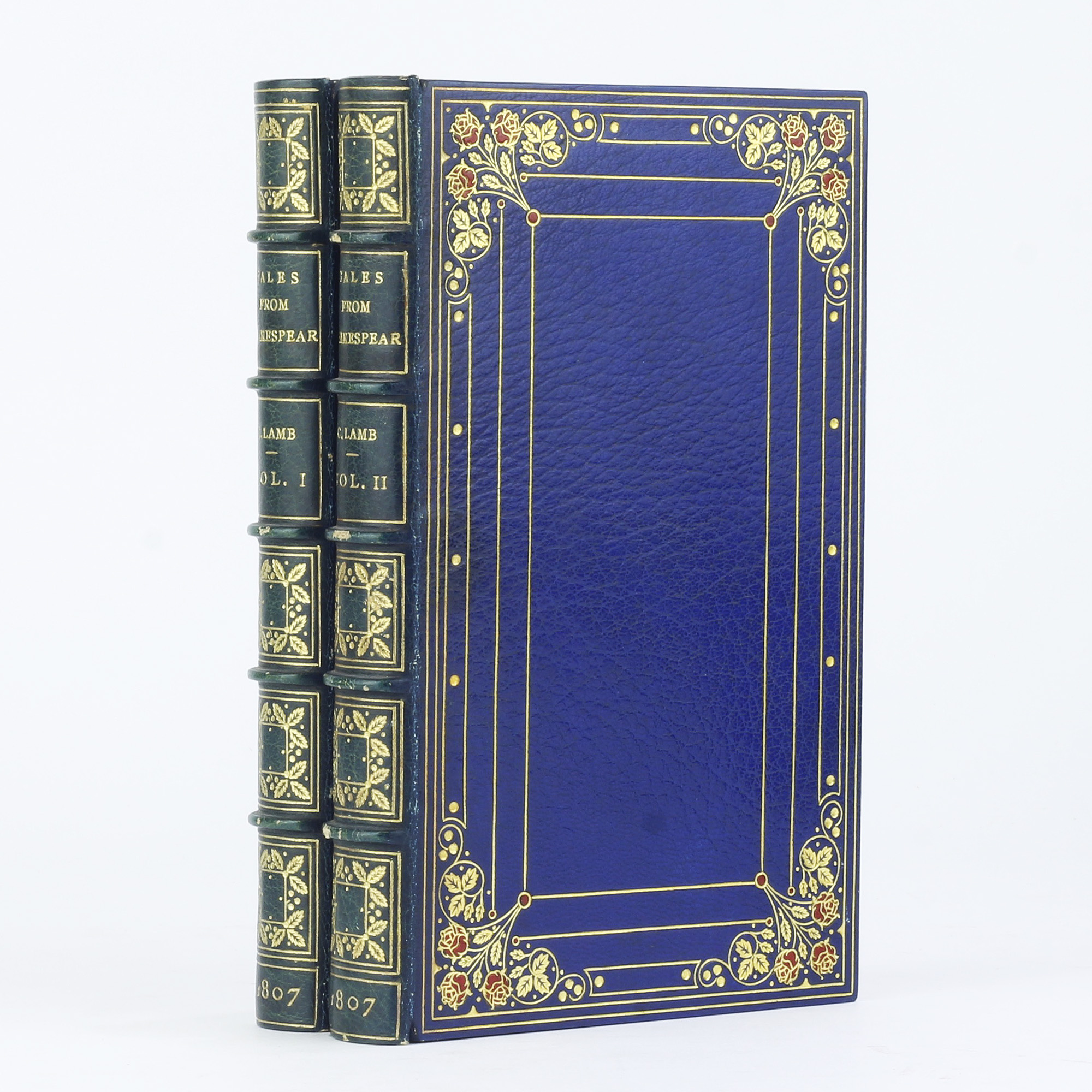

Secondly, Lamb’s argument is extended to characters, where, inasmuch as an audience may come to associate, say, the character of Lear, with a particular human acting in his role he “cannot be acted” or “be represented by a gesticulating actor”, for he “is made another thing by being acted” (116) and, as McKenna notes, is “an ideal conception of the poet’s imagination.” Jonathan Arac has suggested that here Shakespeare is “the author par excellence, who plays the role in this argument that the deity does in theology.” However, whereas in this argument the deification of Shakespeare separates the author from humankind, Lamb’s next assertion polarizes humankind itself. In the first instance, Lamb argues that the human actor can never be seen to have a “mind congenial with the poet’s”, for in the “power of originating”, the author exercises an “absolute mastery over the heart and soul of man” (112).Įven “the very idea of what an author is cannot be made comprehensible” to “unlettered persons”, such as stage-players and audiences, “without some pain and perplexity of mind” (113). It is with this idea that Lamb obviates the judgments which have identified actors such as Garrick with the authorial power of Shakespeare, and with the “great or heroic nature” (117) of Shakespeare’s characters. Abrams for the romantic shift from audience-centered to author-centered poetics.

This desire, certainly shaped in part both by his romantic contemporaries and his consideration of contemporary theatre, exemplifies well the detailed arguments of M. It is read by Martin Jarvis and Rosalind Ayres two of Britain’s best-loved voice actors.Underlying Lamb’s essay is his desire to reevaluate Shakespeare’s tragedies with renewed support for Shakespeare and the category of the author. This collection consists of versions of ten Shakespeare plays including Macbeth, Romeo and Juliet, King Lear, Hamlet and Othello. This lively and accessible CD version is compelling listening for all the family, and will prove a great resource and inspiration to students, scholars and newcomers to the Bard alike - in short, everybody who enjoys a really good story beautifully told. Their success was immediate and their appeal quickly extended to an adult readership.

Have you ever seen a Shakespeare play and come away without fully understanding it? Or wished you had known the basis of the plot before seeing a play by Shakespeare? Are you studying Shakespeare? Would you like to increase your knowledge of the plays without reading the originals? Then these are probably the recordings for you…īrother and sister team Charles and Mary Lamb originally wrote these stories for children in 1807 based on Shakespeare’s most famous plays.


 0 kommentar(er)
0 kommentar(er)
